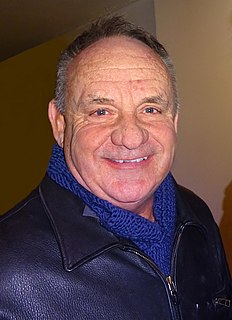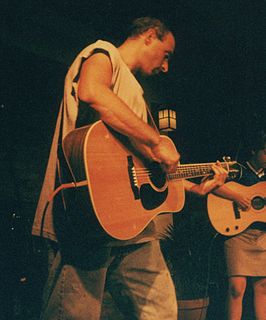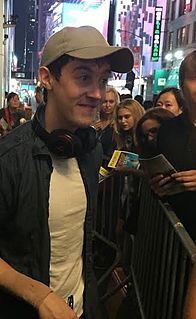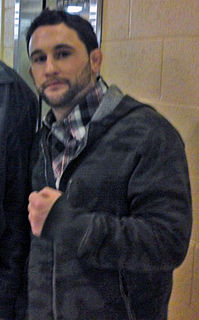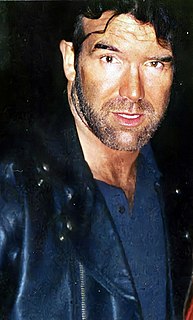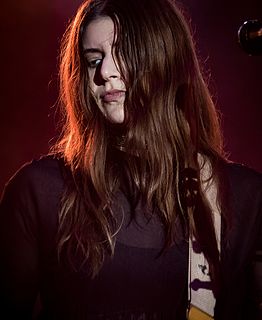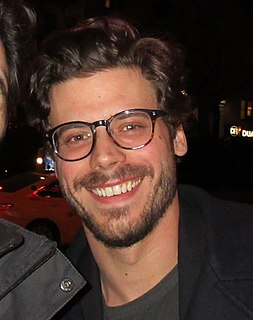Цитата Пола Гилфойла
Я всегда думал, что действительно хорошие художники в целом слишком квалифицированы. Вам платят за то, чтобы вы стояли там и играли реплику, но парень, вероятно, ходил в театральную школу... но они разработали ее так, чтобы это была просто одна конкретная реплика.
Связанные цитаты
Даже если нет шутки или прикола, первая строчка должна быть хорошей и привлекать внимание. Песни не романы. У вас нет 30 страниц, чтобы медленно охватить кого-то. Они больше похожи на рассказы или стихи. Если первая линия их не захватила, вы не попадете на вторую линию. Как только вы наработаете аудиторию, у вас может быть роскошь и доверие, поэтому вам не нужно сбивать их с толку первой строкой.
Для меня в сценарии всегда есть одна-две строки, и когда вы попадаете в нее, вы почти решаете сделать весь фильм из одной-двух строк. Ты делаешь это почти для удовольствия, чтобы сказать пару строк. У меня нет никаких конкретных планов, знаете ли. Я имею в виду, если Сет Роген позвонит с отличным фото приятеля, я буду там.
Однажды ночью парень ударился головой о сварочный пистолет. Он опустился на колени. Он истекал кровью, как свинья, кровь сочилась. Так что я остановил очередь на секунду и подбежал, чтобы помочь ему. Бригадир снова включил линию, чуть не наступил на парня. Это первое, что они всегда делают. Даже скорую не вызывали. Парень прошел в медпункт — это около полумили — ему наложили около пяти швов на голову. Старшина ничего не сказал. Он просто включил линию. Ты никому из них никто.
Это было в начале 1965 года, когда я написал несколько своих первых стихов. Я отправил стихотворение в журнал «Харперс», потому что они платили доллар за строчку. У меня было восемнадцатистрочное стихотворение, и как только я вкладывал его в конверт, я остановился и решил сделать из него тридцать шесть строк. Казалось, стихотворение вернулось на следующий день: ни письма, ничего.
Я всегда придерживался кафкианской модели установления мира с первой строки, как в знаменитой строке Кафки из «Метаморфозы»: «Грегор Замза очнулся от беспокойных снов и обнаружил, что превращается в гигантское насекомое» (или жука, или таракана, в зависимости от перевод). У меня должна быть эта первая линия, прежде чем я смогу пойти дальше.
